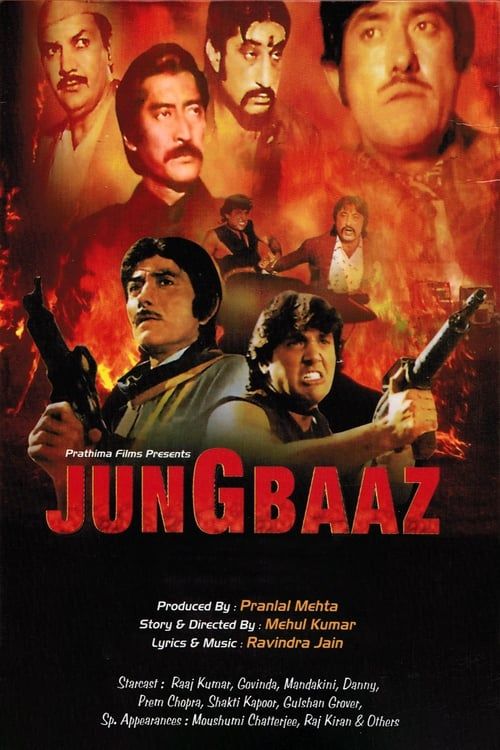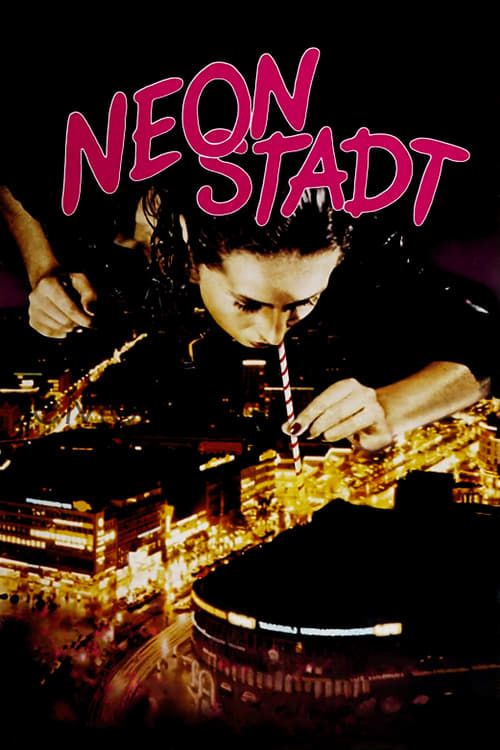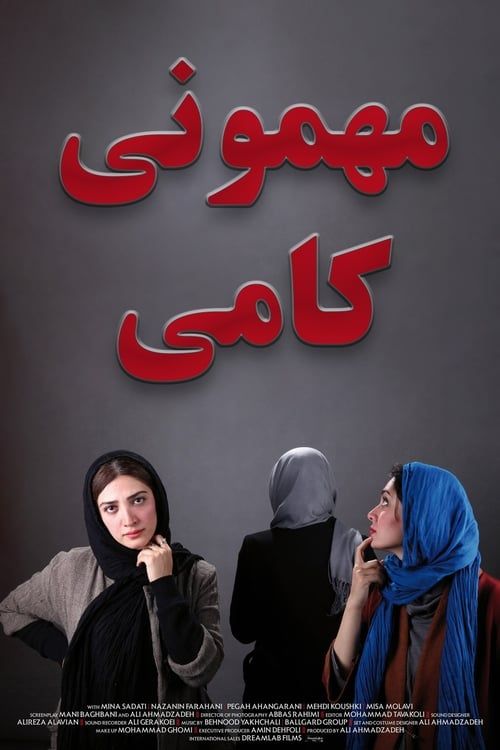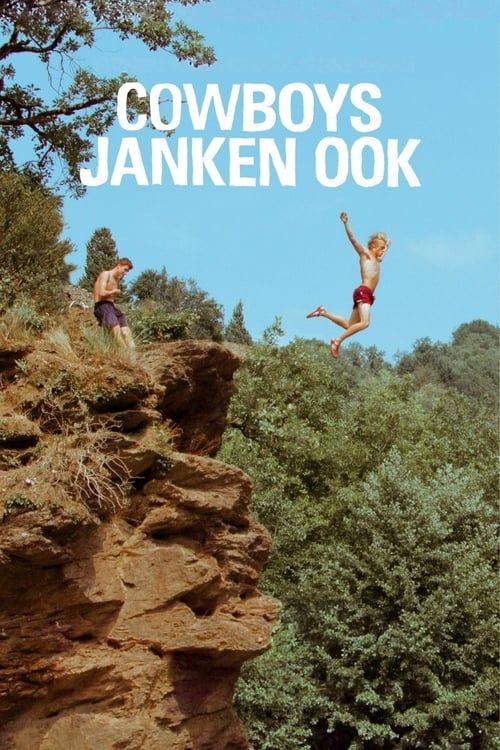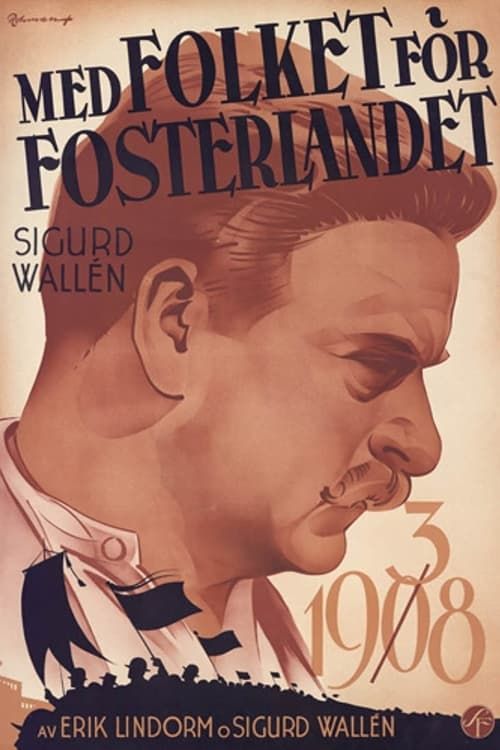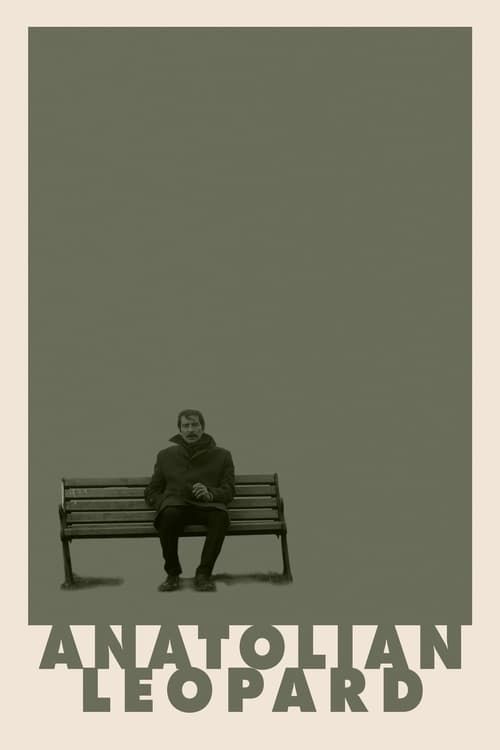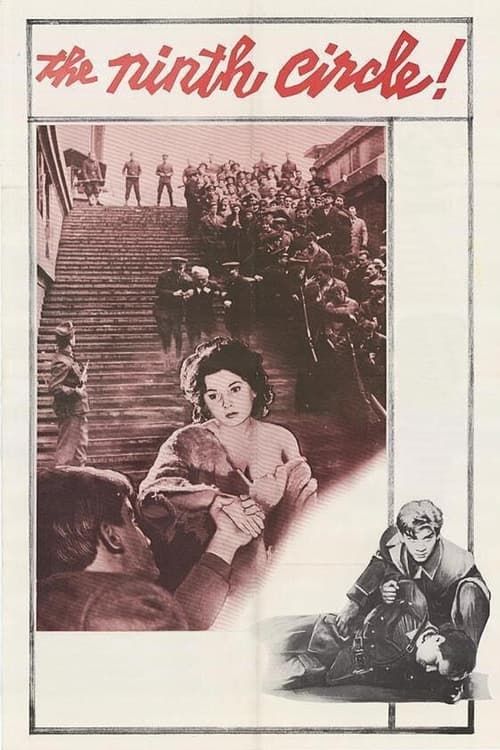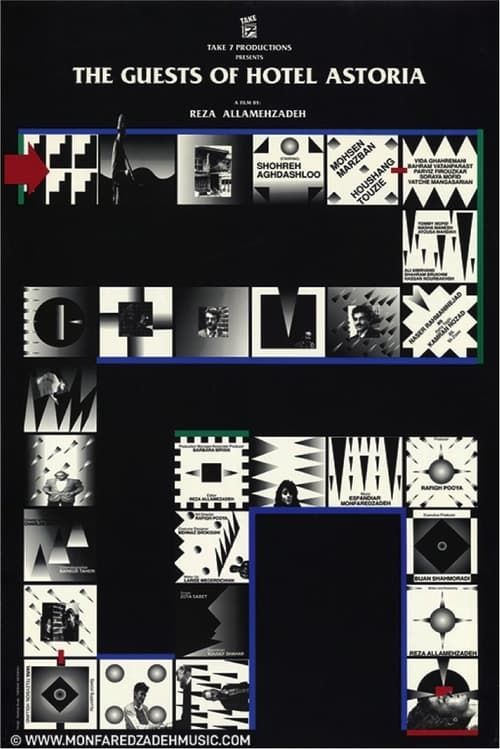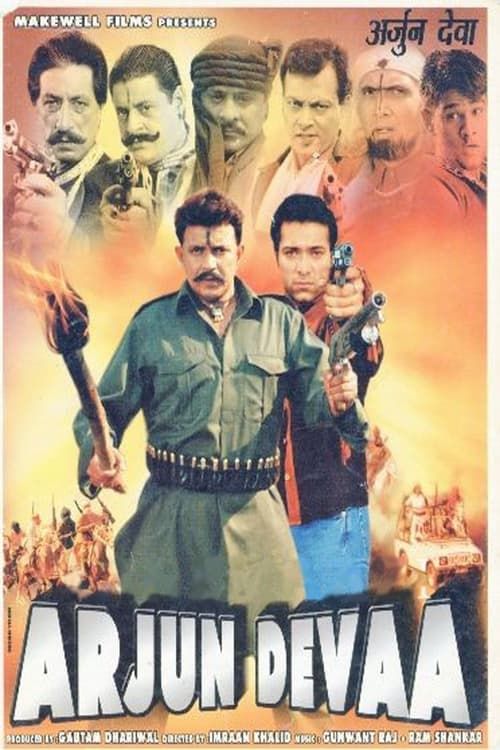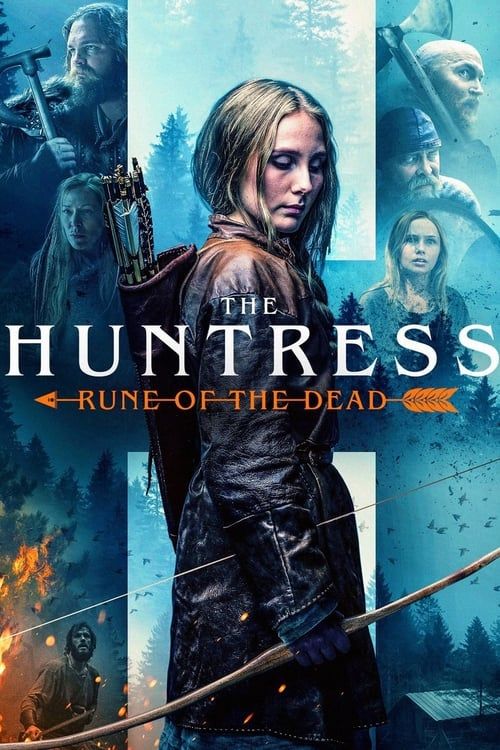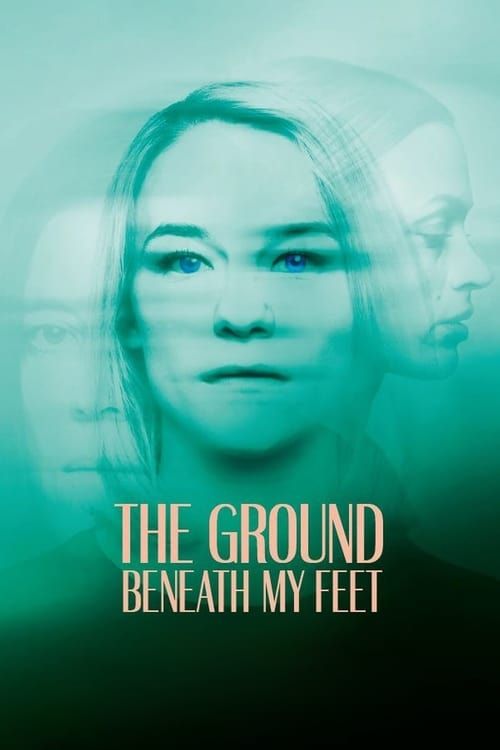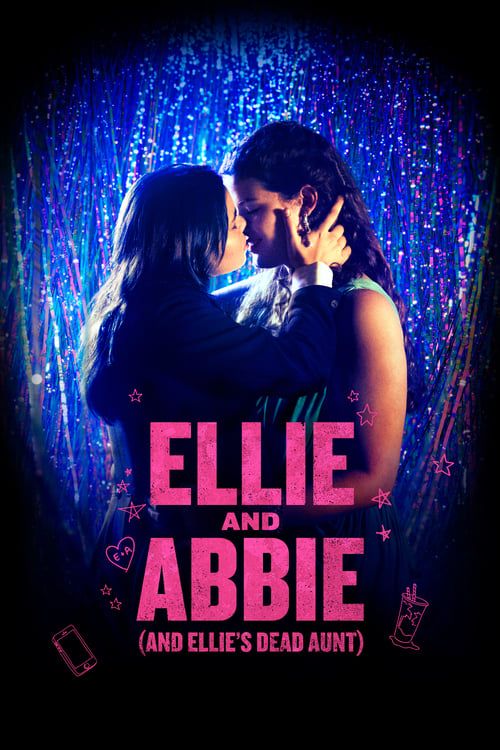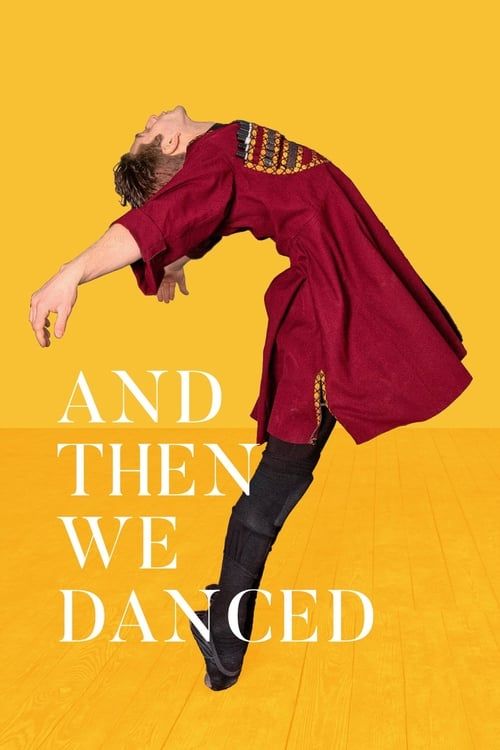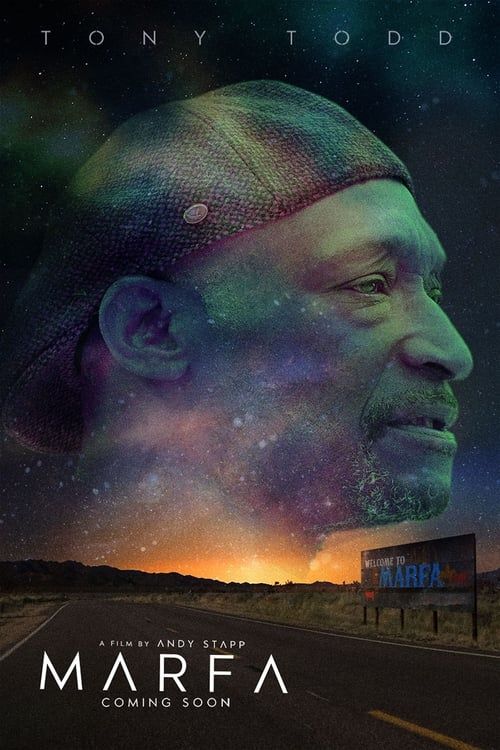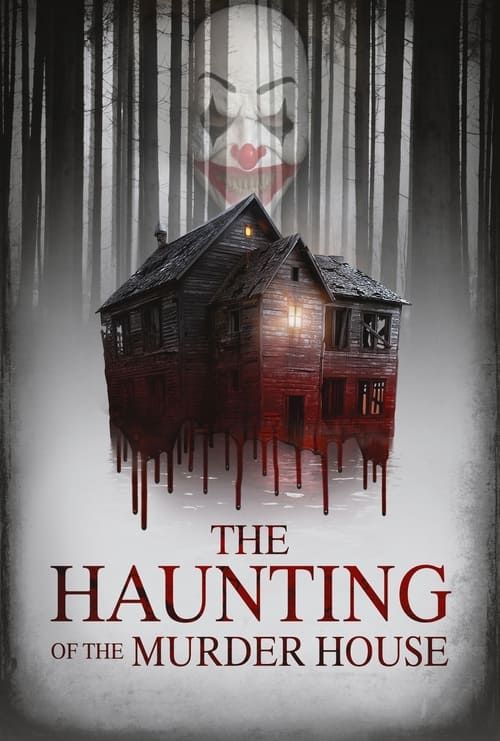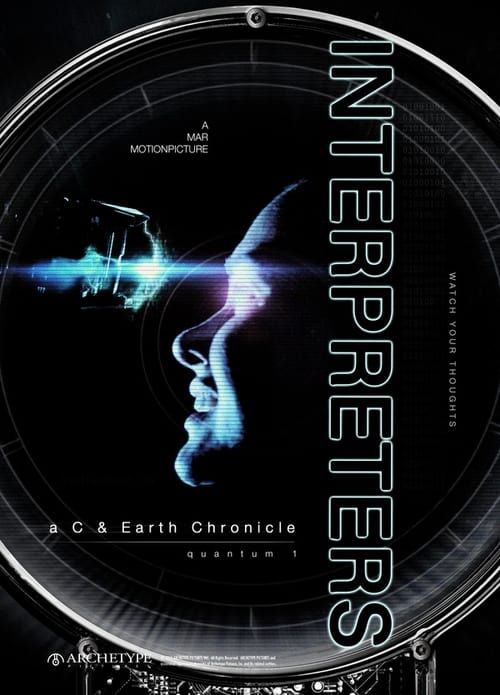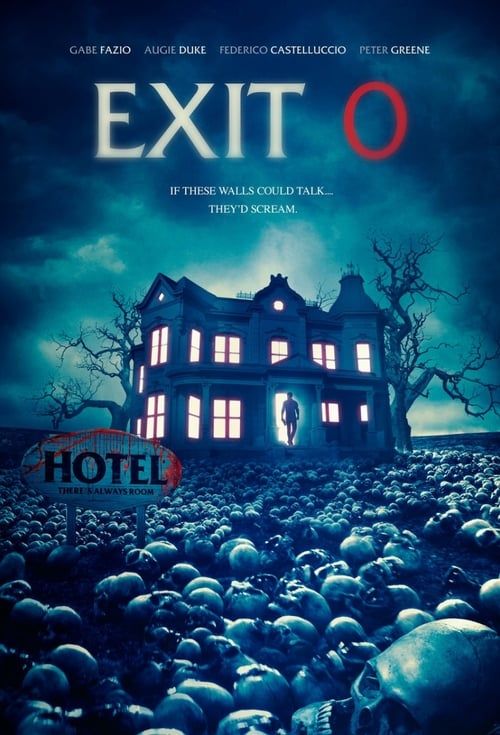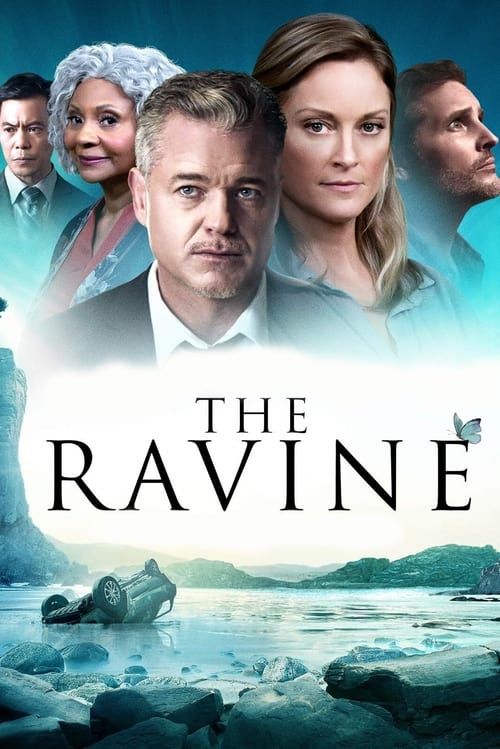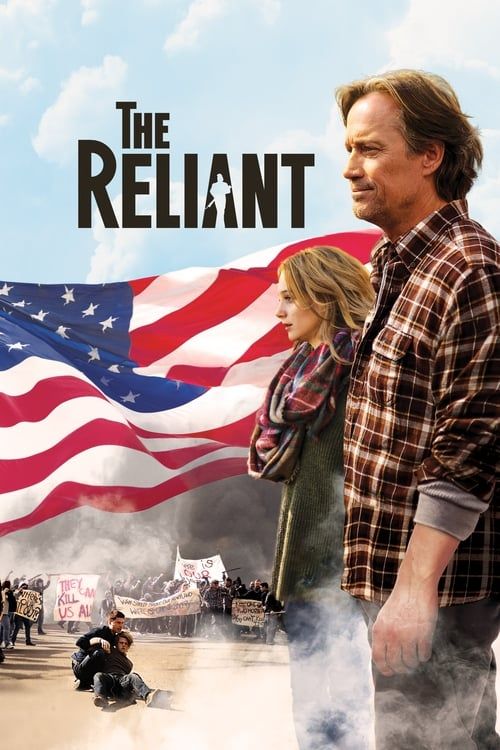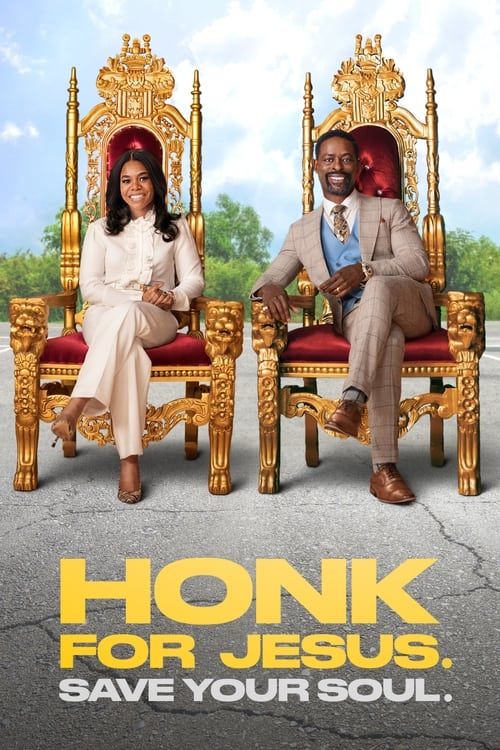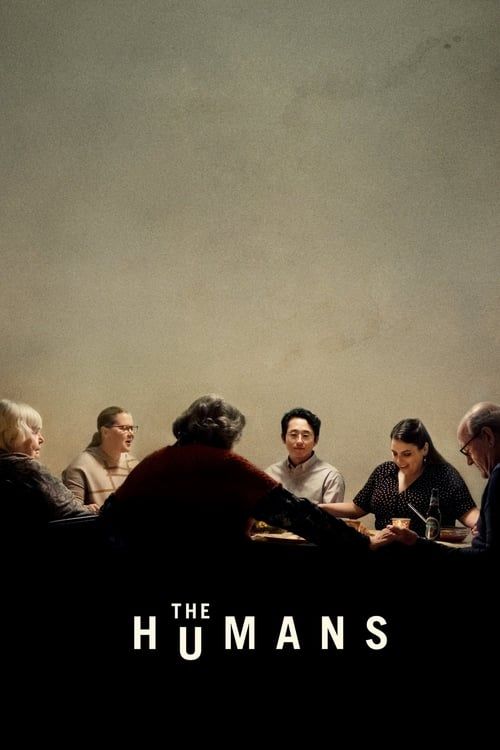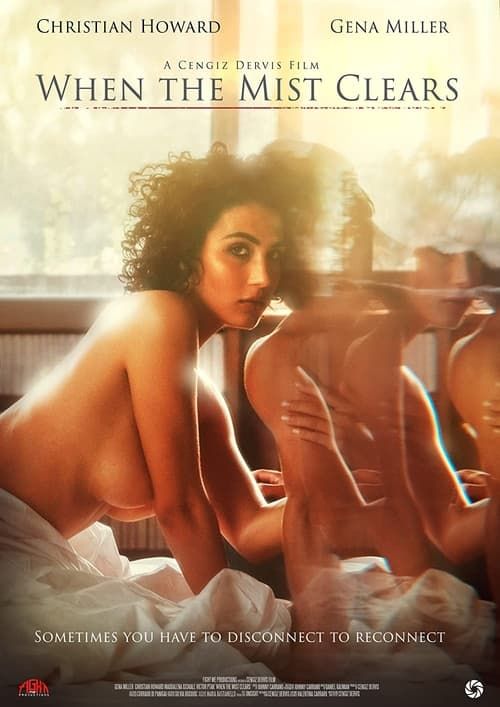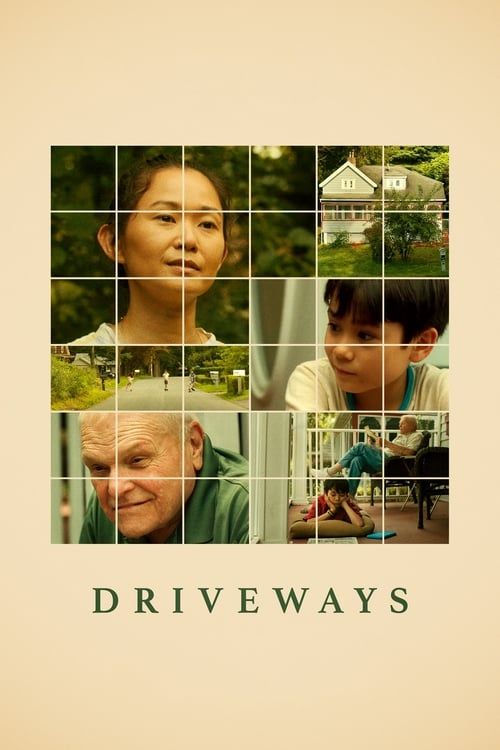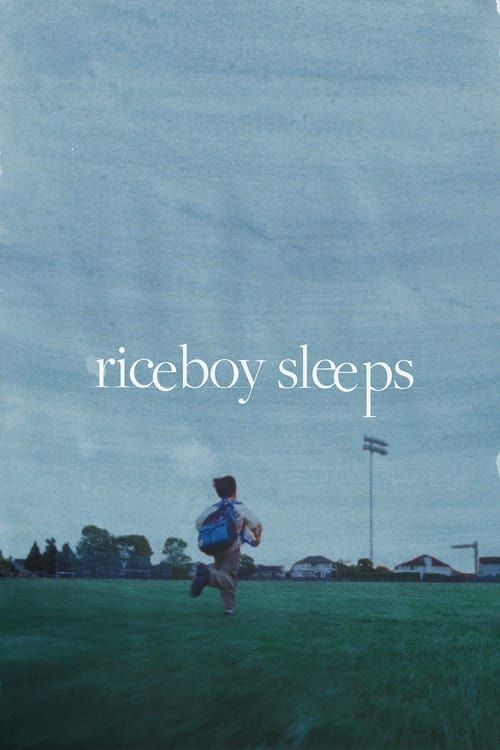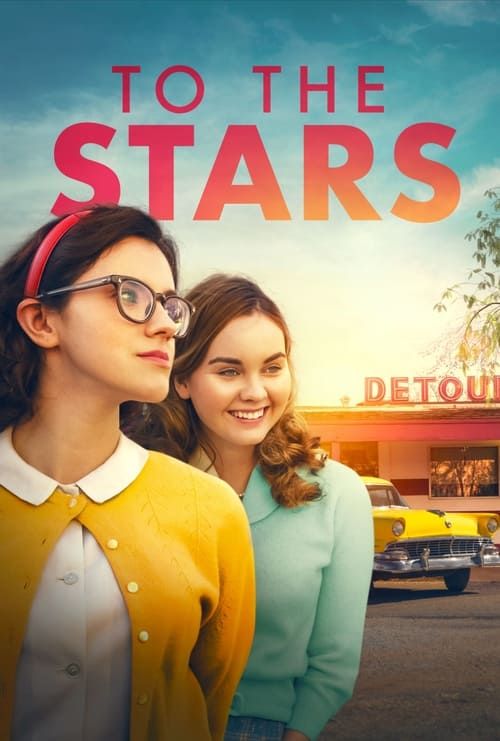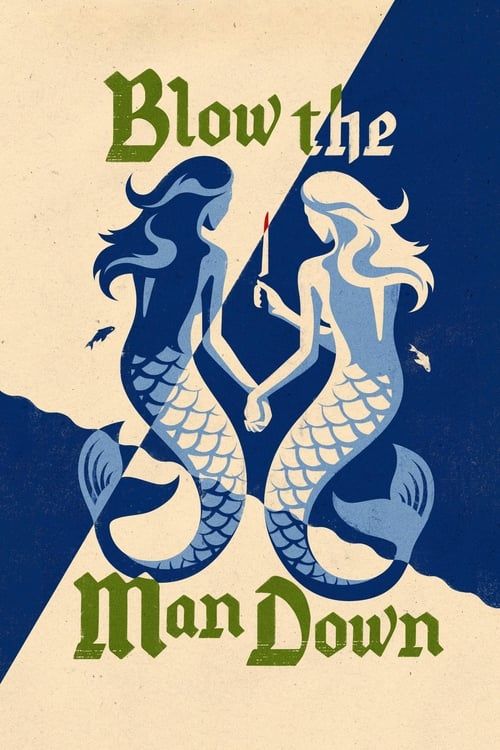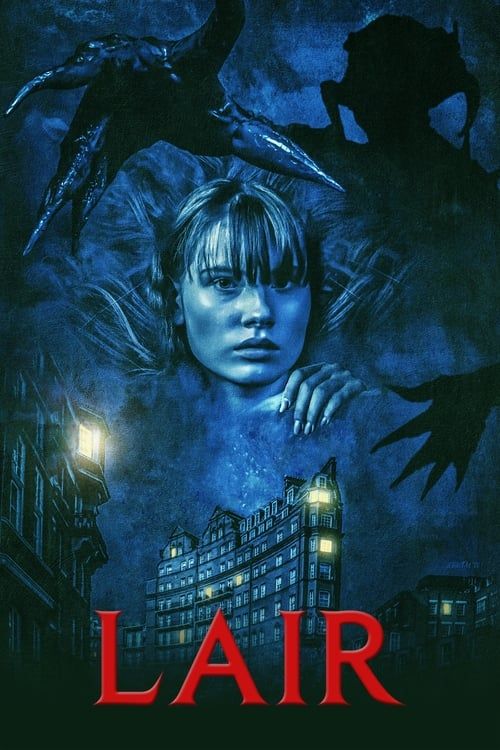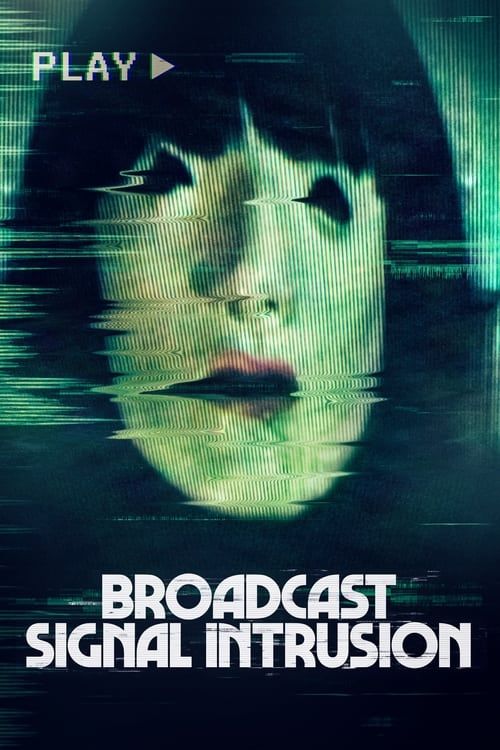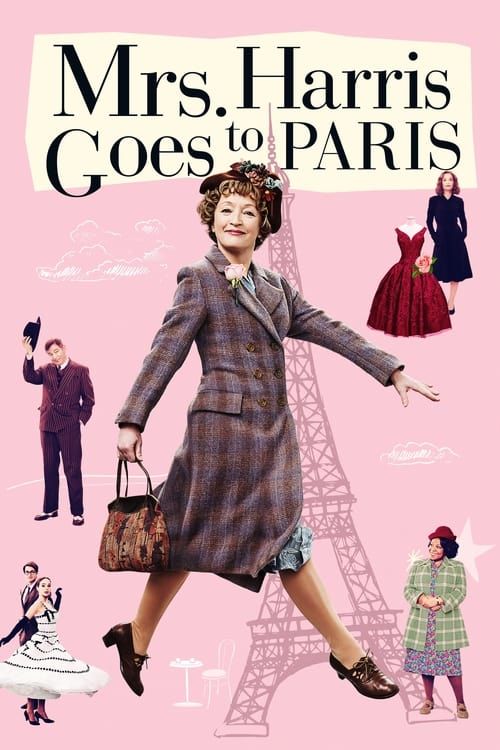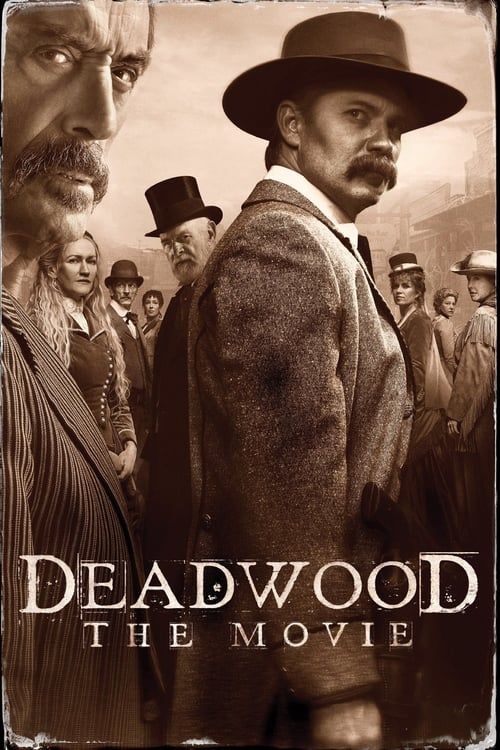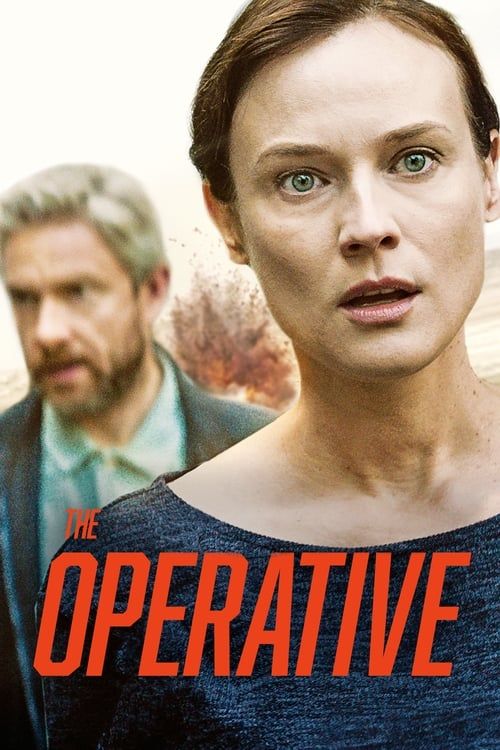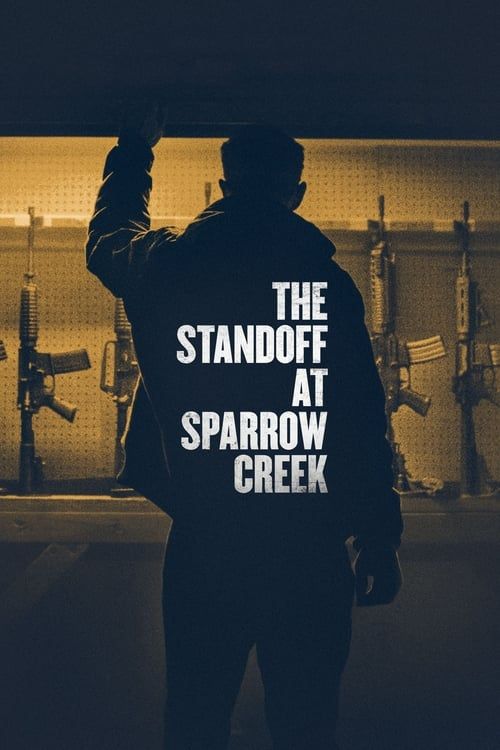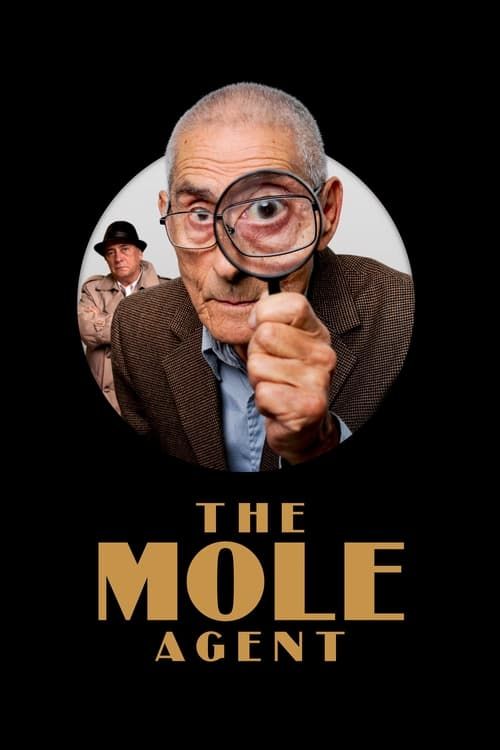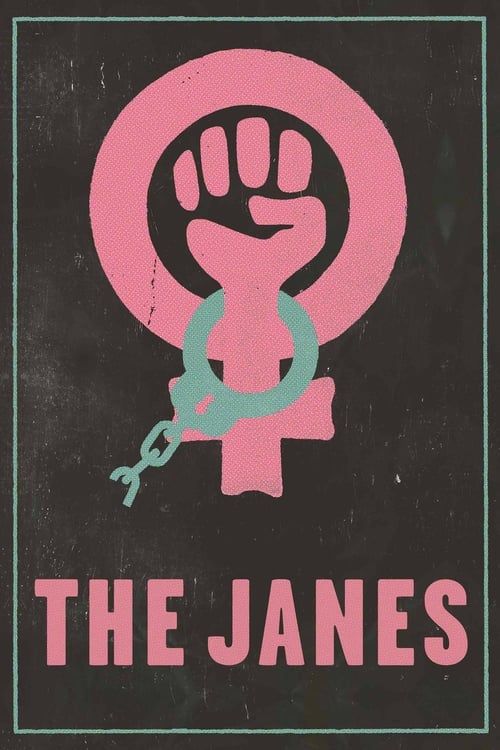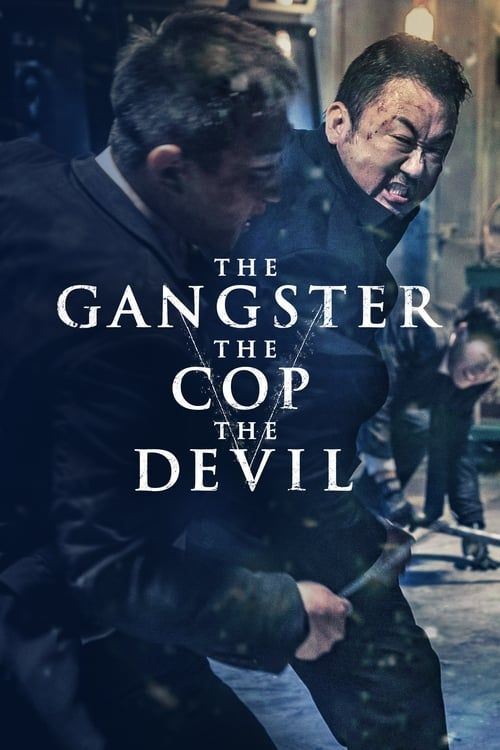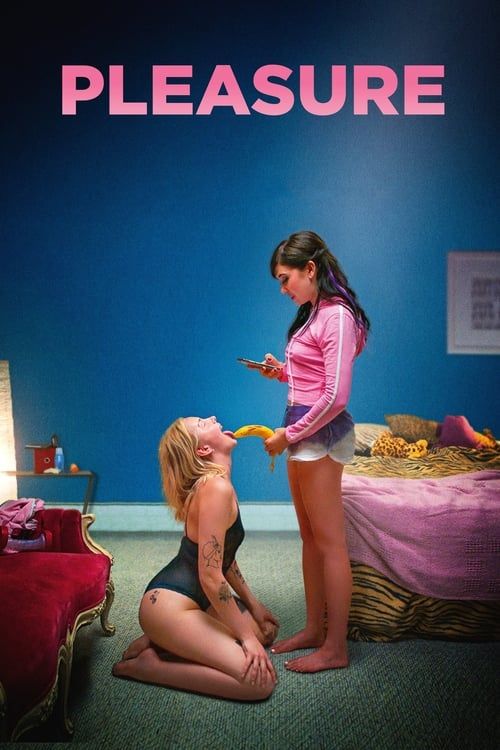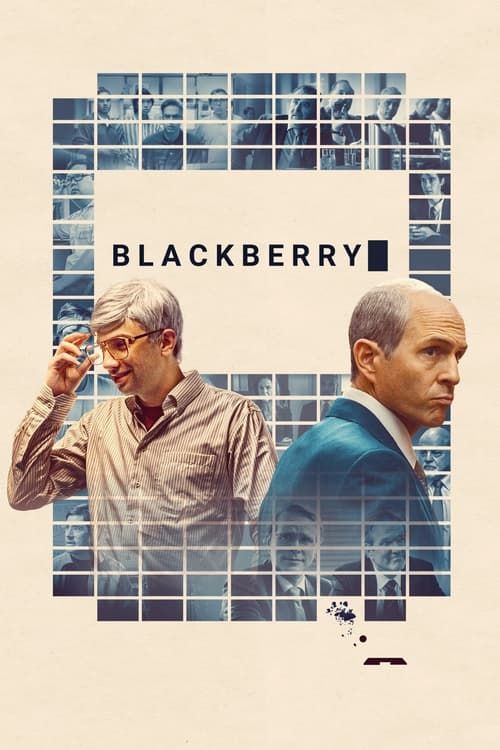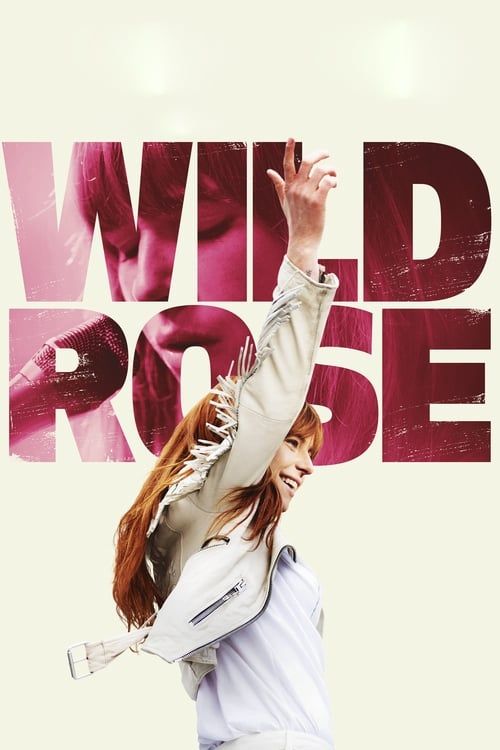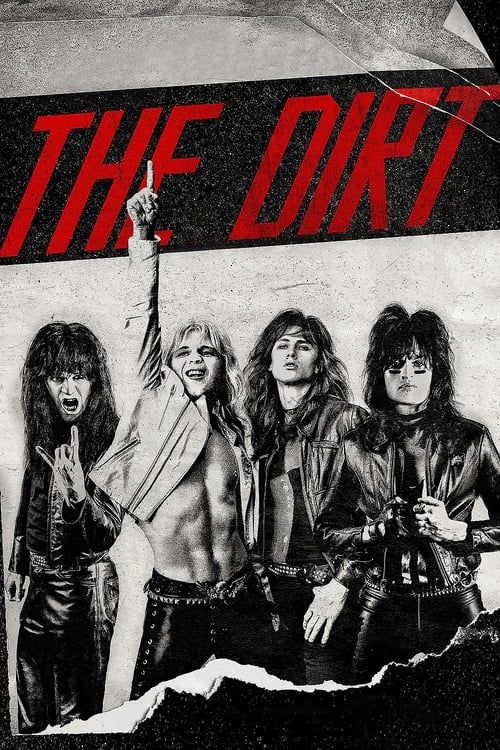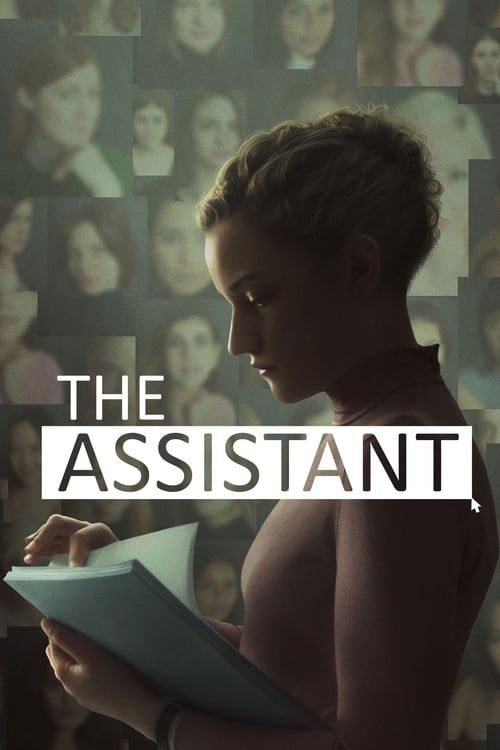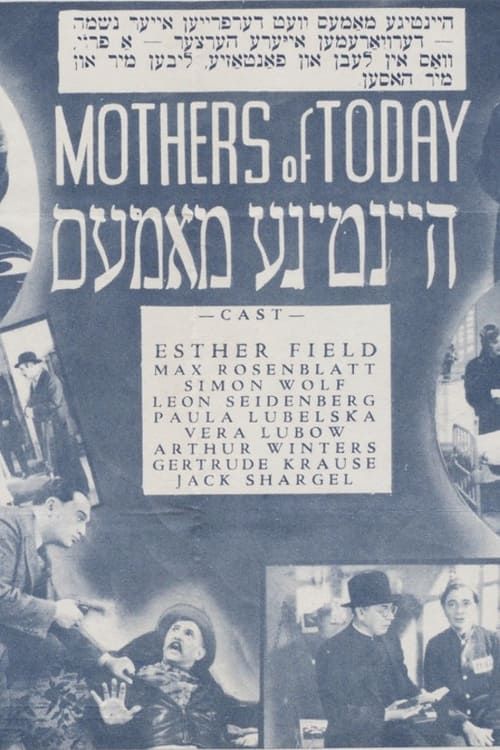
Mothers of Today
1939-03-01 | Drama
284 AI "Keytalks" from People:
Click "Keytalk" you liked to discover Movies of you taste
Mothers of Today features the first motion picture performance of radio star Esther Field, best known on the airwaves of the 1930s as the 'Yiddishe Mama.' The film exemplifies the Yiddish film genre of shund, a brand of popular entertainment which appealed to working-class Jewish-American immigrant audiences with broadly-drawn, sentimental stories that reflected the daily life and culture of a distinctively American Yiddish community. While the shund films were invariably low-budget (and low-brow) affairs, these humble productions formed an important part of life in the United States for their audience.
Streaming Services
Ratings
284 Movie prompts Related to Mothers of Today
Maimovie AI learns movie taste from social media, search keywords, and other diverse crowd data. As a result, our AI has characterized this movie with the following movie tastes:
Awards from the Crowd
284 prompts ranked by the crowd  Ranked #30443
for
Ranked #30443
for
 Ranked #33109
for
Ranked #33109
for
 Ranked #34154
for
Ranked #34154
for
Cast
Acting & Cast
Character
Featured Crew
48 Tastes Related to the Featured Crew
Based on the crowd’s live-updated social data, the following movie tastes represent the featured crew of the movie, Mothers of Today:
Concept & Idea Taste from Photo
Photo from Mothers of Today

What people actually say about
 Concept
&
Concept
&
 Idea
Idea
“Key Talks” from People
Ranked #45,813 / 47,158 Movies
Ranked #60,738 / 63,320 Movies
Ranked #70,841 / 72,950 Movies
Top 20 Movies Similar to Mothers of Today
Movies Similar to Mothers of Today
“ Loud Applause ”
as in
Emotional Response
“ Redeeming Feature ”
as in
General Taste
“ Tidying Up ”
as in
Climax & Ending
“ Renegade ”
as in
Character
“ Rise To Top ”
as in
Acting & Cast
Mothers of Today FAQ
The release date of Mothers of Today is March 01, 1939.
The genre of Mothers of Today is Drama.
On October 04, 2024, the IMDB rating of Mothers of Today is 0.0/10, Rotten Tomato rating is 0/100, Metacritic rating is 0/100, TMDB rating is 0.0/10.
Mothers of Today features the first motion picture performance of radio star Esther Field, best known on the airwaves of the 1930s as the 'Yiddishe Mama.' The film exemplifies the Yiddish film genre of shund, a brand of popular entertainment which appealed to working-class Jewish-American immigrant audiences with broadly-drawn, sentimental stories that reflected the daily life and culture of a distinctively American Yiddish community. While the shund films were invariably low-budget (and low-brow) affairs, these humble productions formed an important part of life in the United States for their audience..
The runtime of Mothers of Today is 85 minutes.
On October 04, 2024, there were 284 public reaction to Mothers of Today including loud applause, redeeming feature, tidying up, renegade, rise to top.




